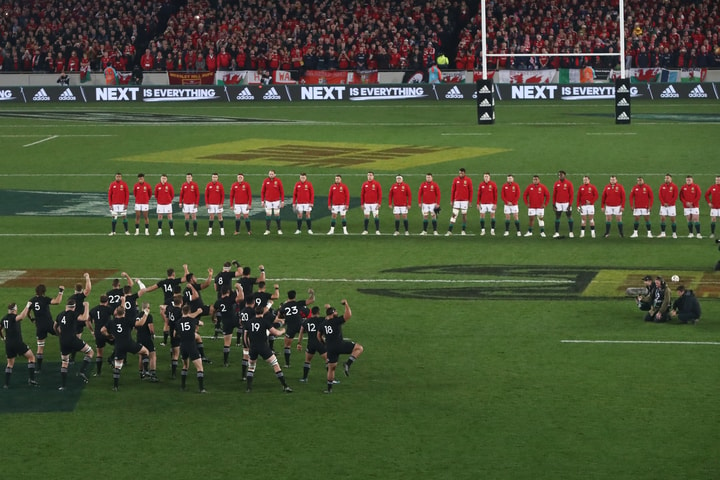On the 9th of November 1887, a gentleman named Arthur Shrewsbury
sent a message from Sydney, Australia, to England that simply read,
'affix'. The recipient was his business partner, Alfred Shaw, who
had now been given the green light to start recruiting men for an
international rugby tour to Australia and New Zealand.
A talented batsman, Shrewsbury was visiting and partly financing
a cricketing tour to Australia at the time. After four such tours
he was rumoured to have been struggling financially, and looked to
rugby football to bring his bank account back from the brink.
This was not an official rugby venture - the RFU Committee
unanimously opposed the tour; however, they did not seek to
actively oppose prospective players from joining it. The Committee
made a point of reminding players of the rules against
professionalism, and indeed followed through with punishing players
for accepting payment or gifts whilst on tour, as Halifax forward
Jack Clowes soon found out. On the eve of departure, Clowes would
be disqualified from playing by the RFU for admitting to receiving
£15 for tour kit. Whilst continuing on the tour, Clowes refused to
play a single game so as to avoid tarnishing the reputation of his
team-mates.
The 1888 Football Annual described the 22 man squad (21 when
Clowes is taken off playing duties, then down to 20 when captain
Bob Seddon drowned whilst sculling half way through the tour) as 'a
fairly good lot…though by no means representative of English
football'.
Assembled by agent Henry Turner, many of the players were not
seasoned internationals, with only 3 out of the 22 being regular
internationals. They were, however, representative of British Isles
rugby with players from all four home nations. The team included
four Scots, one Welshman, an Irishman, and not to forget Penketh,
representing the Isle of Man. These men were considered rugby
'missionaries' of sorts, spreading their passion for the game
through the southern hemisphere.







